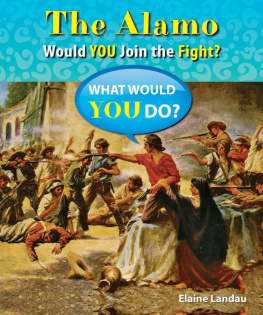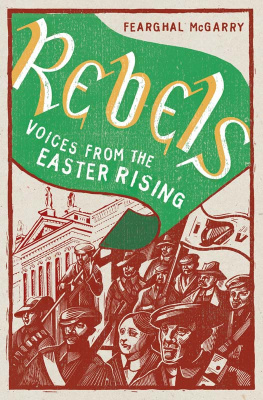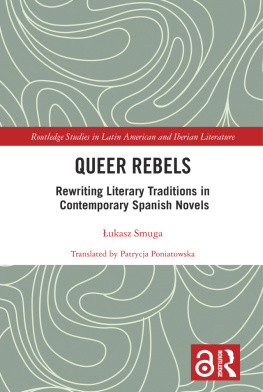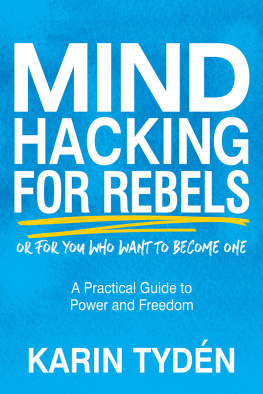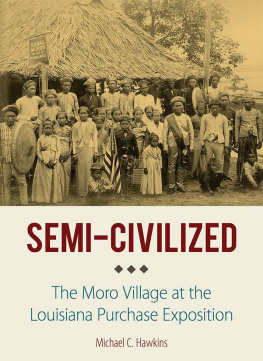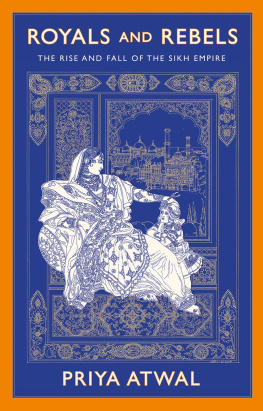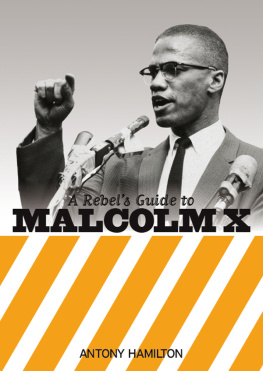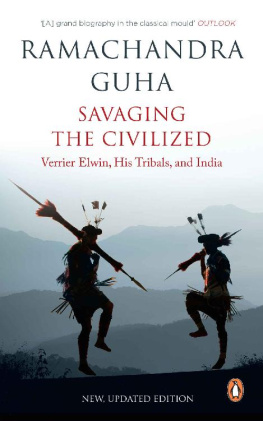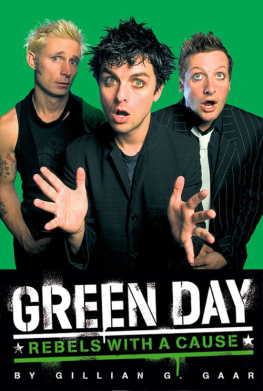
Civilized Rebels
Civilized Rebels compares in depth four very well-known literary and political figures, who all opposed arrogant regimes and became prisoners. Through comparative biographies of Oscar Wilde, Jean Amry, Nelson Mandela and Aung San Suu Kyi, it explores the long-term process of the retreat of the West from global power since the late nineteenth century, relating this to the decline and fall of the British Empire and the trauma surrounding Brexit. Drawing on rich empirical materials to examine themes of forced displacement, war, poverty, imprisonment and the threat of humiliation, the book reveals how these highly civilized rebels penetrated their opponents mind-sets, while also providing a sophisticated analysis of how their struggles fitted into the larger world picture. Methodologically and theoretically innovative, and written in a lively and accessible style, Civilized Rebels will appeal to scholars across a range of disciplines, with interests in globalization, historical international relations, postcolonial and subaltern studies, comparative biographical studies, European studies, the sociology of emotions and historical sociology.
Dennis Smith is Emeritus Professor of Sociology at Loughborough University, UK. He is the author of The Rise of Historical Sociology, Globalization: The Hidden Agenda, and Conflict and Compromise: Class Formation in English Society 18301914.
Global Connections
Series Editor: Robert Holton, Trinity College, Dublin
Global Connections builds on the multi-dimensional and continuously expanding interest in globalization, focusing on connectedness and providing accessible, concrete studies across a broad range of areas such as social and cultural life, and economic, political and technological activities. Interdisciplinary in approach, the series moves beyond abstract generalities and stereotypes: Global is considered in the broadest sense of the word, embracing connections between different nations, regions and localities, including activities that are trans-national, and trans-local in scope; connections refers to movements of people, ideas, resources, and all forms of communication as well as the opportunities and constraints faced in making, engaging with, and sometimes resisting globalization.
For a full list of titles in this series, please visit www.routledge.com/series/ASHSER1306
Titles in the series include:
Global Culture
Consciousness and Connectivity
Roland Robertson and Didem Buhari-Gulmez
Eurocentrism at the Margins
Encounters, Critics and Going Beyond
Lutfi Sunar
Glocal Pharma
International Brands and the Imagination of Local Masculinity
Ericka Johnson and Ebba Sjgren
The Socio-Political Practice of Human Rights
Between the Universal and the Particular
Kiran Kaur Grewal
The Global Repositioning of Japanese Religions
An Integrated Approach
Ugo Dess
First published 2018
by Routledge
2 Park Square, Milton Park, Abingdon, Oxon OX14 4RN
and by Routledge
711 Third Avenue, New York, NY 10017
Routledge is an imprint of the Taylor & Francis Group, an informa business
2018 Dennis Smith
The right of Dennis Smith to be identified as author of this work has been asserted by him in accordance with sections 77 and 78 of the Copyright, Designs and Patents Act 1988.
All rights reserved. No part of this book may be reprinted or reproduced or utilised in any form or by any electronic, mechanical, or other means, now known or hereafter invented, including photocopying and recording, or in any information storage or retrieval system, without permission in writing from the publishers.
Trademark notice: Product or corporate names may be trademarks or registered trademarks, and are used only for identification and explanation without intent to infringe.
British Library Cataloguing in Publication Data
A catalogue record for this book is available from the British Library
Library of Congress Cataloging in Publication Data
Names: Smith, Dennis, 1945- author.
Title: Civilized rebels : an inside story of the West's retreat from global power / Dennis Smith.
Description: Abingdon, Oxon ; NewYork, NY : Routledge, 2018. | Includes bibliographical references and index.
Identifiers: LCCN 2017050374 | ISBN 9780815393160 (hbk) | ISBN 9780815393177 (pbk) | ISBN 9781351189316 (ebk)
Subjects: LCSH: Dissenters--Case studies. | Radicals--Case studies. | Political prisoners--Case studies. | Imperialism. | Balance of power. | International relations.
Classification: LCC HN49.R33 S65 2018 | DDC 303.48/4--dc23
LC record available at https://lccn.loc.gov/2017050374
ISBN: 978-0-8153-9316-0 (hbk)
ISBN: 978-0-8153-9317-7 (pbk)
ISBN: 978-1-351-18931-6 (ebk)
What happens if you put together an Irish wit, a Jewish intellectual, an African prince and a Burmese politician with a flower in her hair? As my son pointed out, in a classic stand-up comedy routine they would all be walking into a bar. Maybe they should have done just that. It might have saved them a lot of trouble. But suppose you dont get shown the bar menu. What if you are thrown into the cellar and beaten unmercifully? Or worse? We are talking about the kind of thing that has happened to millions of people, including Oscar Wilde, Jean Amry (born Hans Mayer), Nelson Mandela and Aung San Suu Kyi.
How do people respond if that sort of thing happens to them, if they get pushed down and kicked out? How do they cope when unwelcome, degrading displacement stares them in the face? That issue is worth exploring, especially since the West is gradually losing its previous position of overwhelming global power. Does it fear the prospect of going down in the world? The balance of power and wealth is shifting towards China, India and the countries of South and Southeast Asia. Does this threaten the West? What might it lose? What is its future? We explore these questions historically and comparatively, searching for the big picture without losing sight of individual men and women seeking pathways across shifting sands.
Wilde, Amry, Mandela and Suu Kyi are at the centre of this story, which takes us from the transatlantic West in the late nineteenth century to Southeast Asia in the early twenty-first century. These are all deeply controversial figures. They have all aroused both admiration and disgust. Their images reflected in public opinions mirror have undergone sharp revision as unfolding events, shifting values and changing political agendas have offered new perspectives.
Oscar Wilde and Nelson Mandela became heroes and martyrs in the public mind but only after each had endured a ghastly, stinking apprenticeship as a hate figure: one a despicable queer corrupting all he touched, the other a dangerous terrorist threatening all decent people.
Aung San Suu Kyis reputation has travelled in the opposite direction. For almost three decades beginning in 1988 she was the hero challenging Burmas cruel military regime, the martyr condemned to near-solitary house arrest for a total of fifteen years, the victim of two assassination attempts. But by 2018 Suu Kyis image as a Burmese leader was covered from head to foot in rotten eggs and foul ordure. By that time her character had been spat upon, her honour and reliability questioned, and her effigy kicked and beaten in the press and social media from Malaysia to Maryland.


